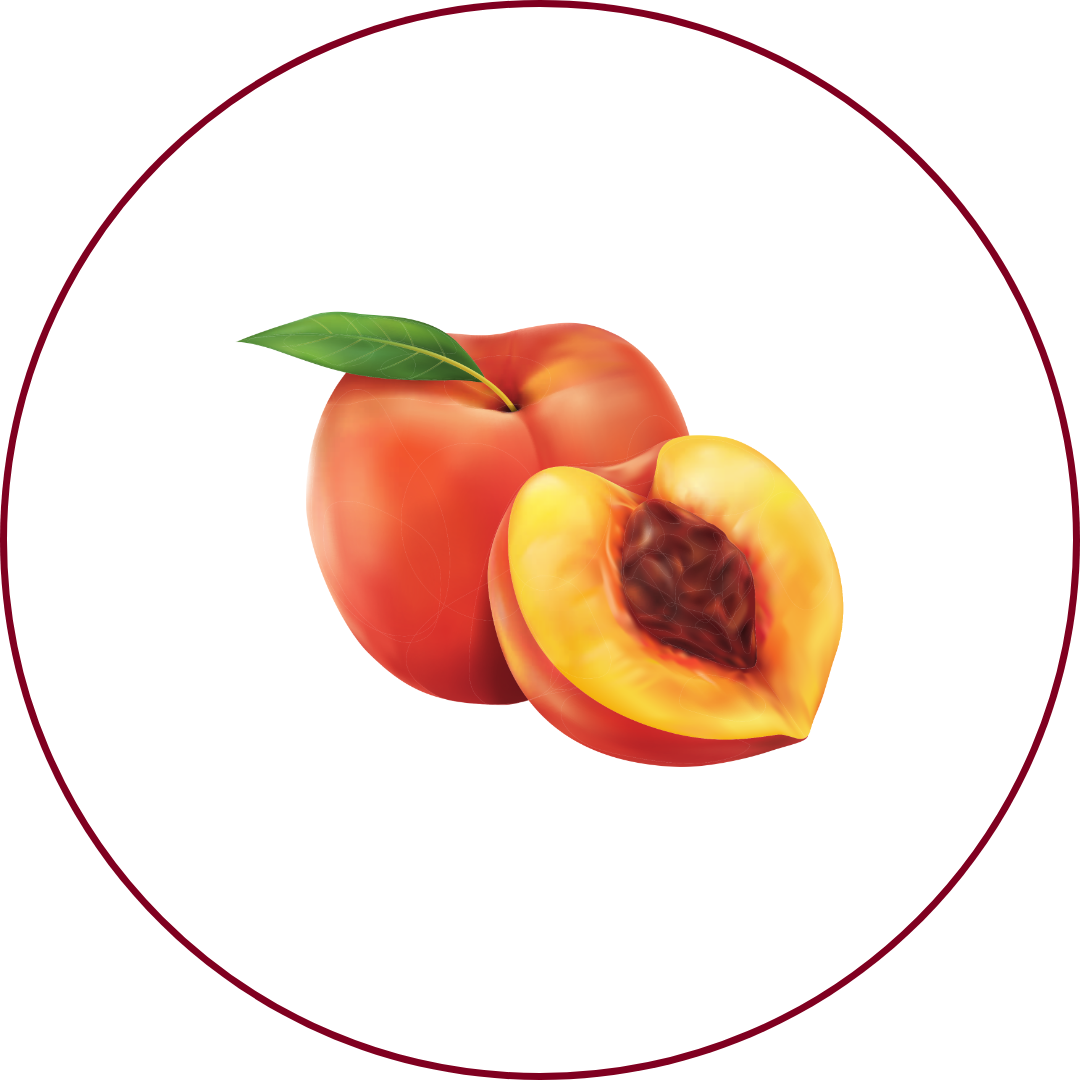Grape Variety
Malvasia-del-Lazio
"mahl-vah-SEE-ah del LAH-tsee-oh"
Wine Styles
 Sparkling
Sparkling Light White
Light White Full White
Full White Aromatic
Aromatic Rosé
Rosé Light Red
Light Red Medium Red
Medium Red Full Red
Full Red Dessert
DessertAbout Malvasia-del-Lazio
Origin
Lazio, Italy
History
Malvasia del Lazio, also known as Malvasia Puntinata due to the characteristic spots on its berries, is a white grape variety native to the Lazio region of Italy. It is a natural crossing between Muscat of Alexandria and Schiava Grossa, which imparts a slight aromatic character to the grape. Historically, it has been cultivated in the hills surrounding Rome, particularly in the Castelli Romani area. Due to its sensitivity to vine diseases, it was often replaced by the more resistant but lower-quality Malvasia di Candia. In recent years, there has been a resurgence in its cultivation, with producers recognizing its potential for high-quality wine production.
Appearance
Medium-sized, round berries with a distinctive 'puntinata' (spotted) appearance when ripe.
Growing Traits
Malvasia del Lazio is a moderately vigorous vine with average and inconsistent yields, especially in some biotypes. It is fairly homogeneous but often mistaken for other Malvasia varieties. The grape is late-budding and ripens in the mid to late season. It is highly sensitive to various vine diseases, necessitating careful vineyard management.
Wine Characteristics
Body
3/5
Sweetness
1/5
Tannin
0/5
Acidity
3/5
Alcohol
2/5
Medium-bodied with a balanced structure, offering both freshness and aromatic complexity. Typically vinified dry, though it is also used in sweet, late-harvest wines. Negligible tannins, as it is a white grape variety, resulting in a smooth finish. Medium acidity, providing balance and enhancing its aromatic profile. Moderate alcohol content, generally around 12-13%, ensuring balance and drinkability.
Taste Profile

Apricot

Peach

Exotic fruits

Honey

Vanilla
Malvasia del Lazio wines are characterized by a bouquet and flavors of yellow fruits such as peach and apricot. They often exhibit notes of tropical fruits, honey, and vanilla, especially when partially fermented in oak. The wines typically have medium acidity, contributing to their freshness and aromatic complexity.
Food Pairing
Malvasia del Lazio's aromatic profile and medium body make it a versatile companion for various dishes. It pairs well with seafood, light salads, and grilled vegetables. Its subtle fruit flavors and moderate acidity complement a variety of light to medium-intensity dishes.
Growing Regions

Italy
Lazio
Notable Wines & Producers
Frascati Superiore DOCG
Casale Vallechiesa
Fontana Candida
Marino DOC
Cantina Sociale Gotto d'Oro
Azienda Agricola De Sanctis
Castelli Romani DOC
Poggio Le Volpi
Principe Pallavicini
Malvasia-del-Lazio FAQ
Common questions about this grape variety
What is the origin of Malvasia-del-Lazio?
+
Lazio, Italy
Is Malvasia-del-Lazio wine full bodied?
+
Malvasia-del-Lazio has a body level of 3 out of 5. Which means that Malvasia-del-Lazio is Moderate bodied.
Is Malvasia-del-Lazio wine dry or sweet?
+
Malvasia-del-Lazio has a dryness level of 1 out of 5. Which means that Malvasia-del-Lazio is Dry.
Where is Malvasia-del-Lazio wine from?
+
Lazio, Italy
Where is Malvasia-del-Lazio grown?
+
Malvasia-del-Lazio is grown in Italy (Lazio).
What is Malvasia-del-Lazio like?
+
Malvasia del Lazio wines are characterized by a bouquet and flavors of yellow fruits such as peach and apricot. They often exhibit notes of tropical fruits, honey, and vanilla, especially when partially fermented in oak. The wines typically have medium acidity, contributing to their freshness and aromatic complexity.
What does Malvasia-del-Lazio pair with?
+
Malvasia del Lazio's aromatic profile and medium body make it a versatile companion for various dishes. It pairs well with seafood, light salads, and grilled vegetables. Its subtle fruit flavors and moderate acidity complement a variety of light to medium-intensity dishes.
What does Malvasia-del-Lazio taste like?
+
Malvasia del Lazio wines are characterized by a bouquet and flavors of yellow fruits such as peach and apricot. They often exhibit notes of tropical fruits, honey, and vanilla, especially when partially fermented in oak. The wines typically have medium acidity, contributing to their freshness and aromatic complexity.
Take Malvasia-del-Lazio Knowledge with You
Access detailed grape profiles, tasting notes, and pairing suggestions on your iPhone.
Download on theApp Store